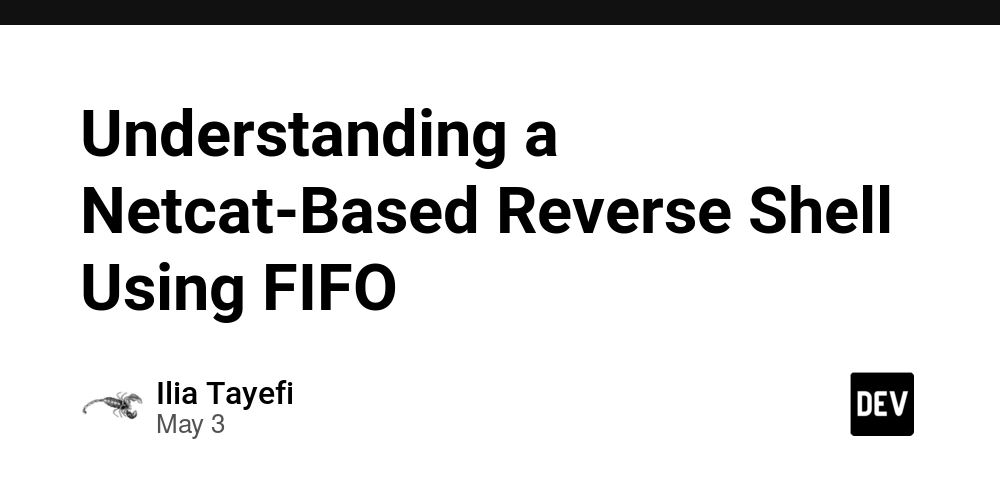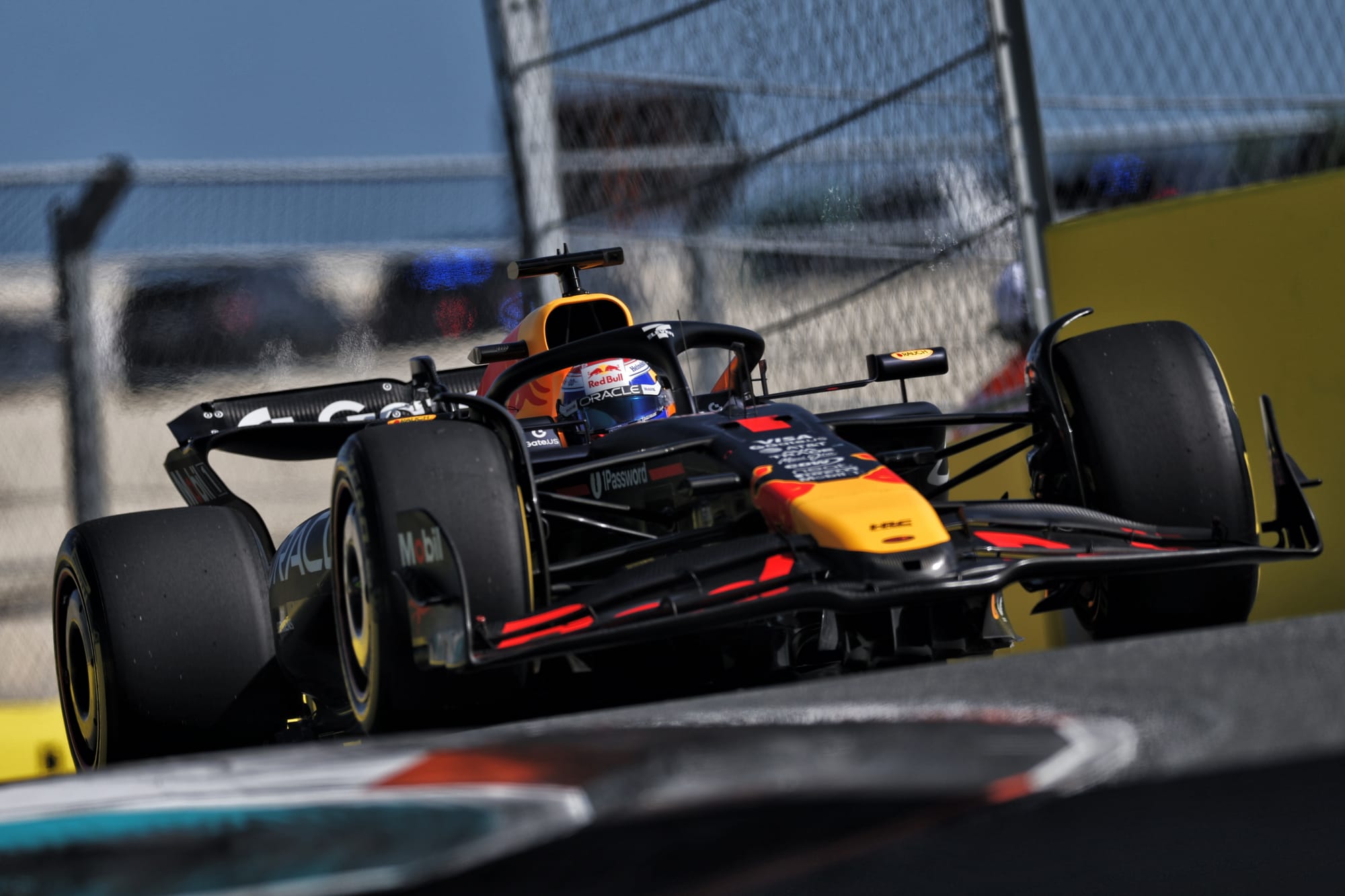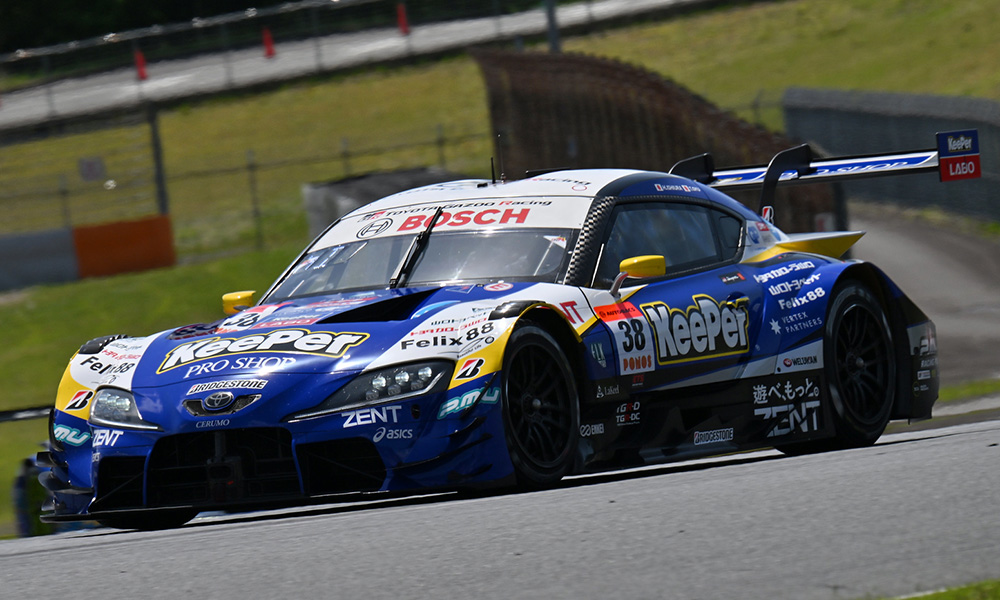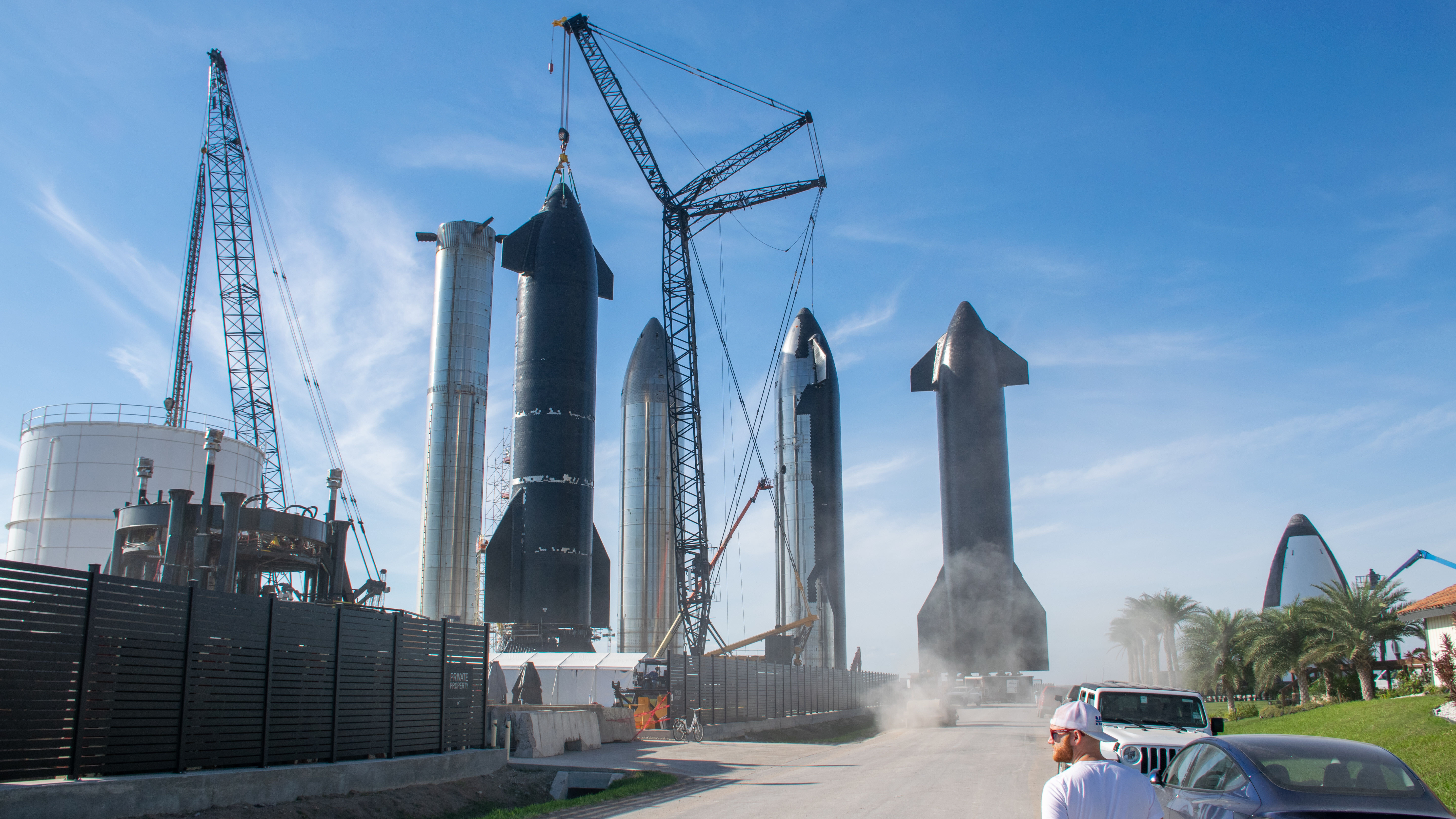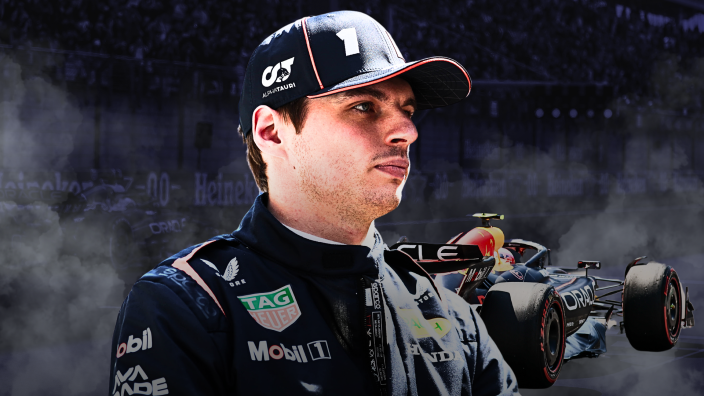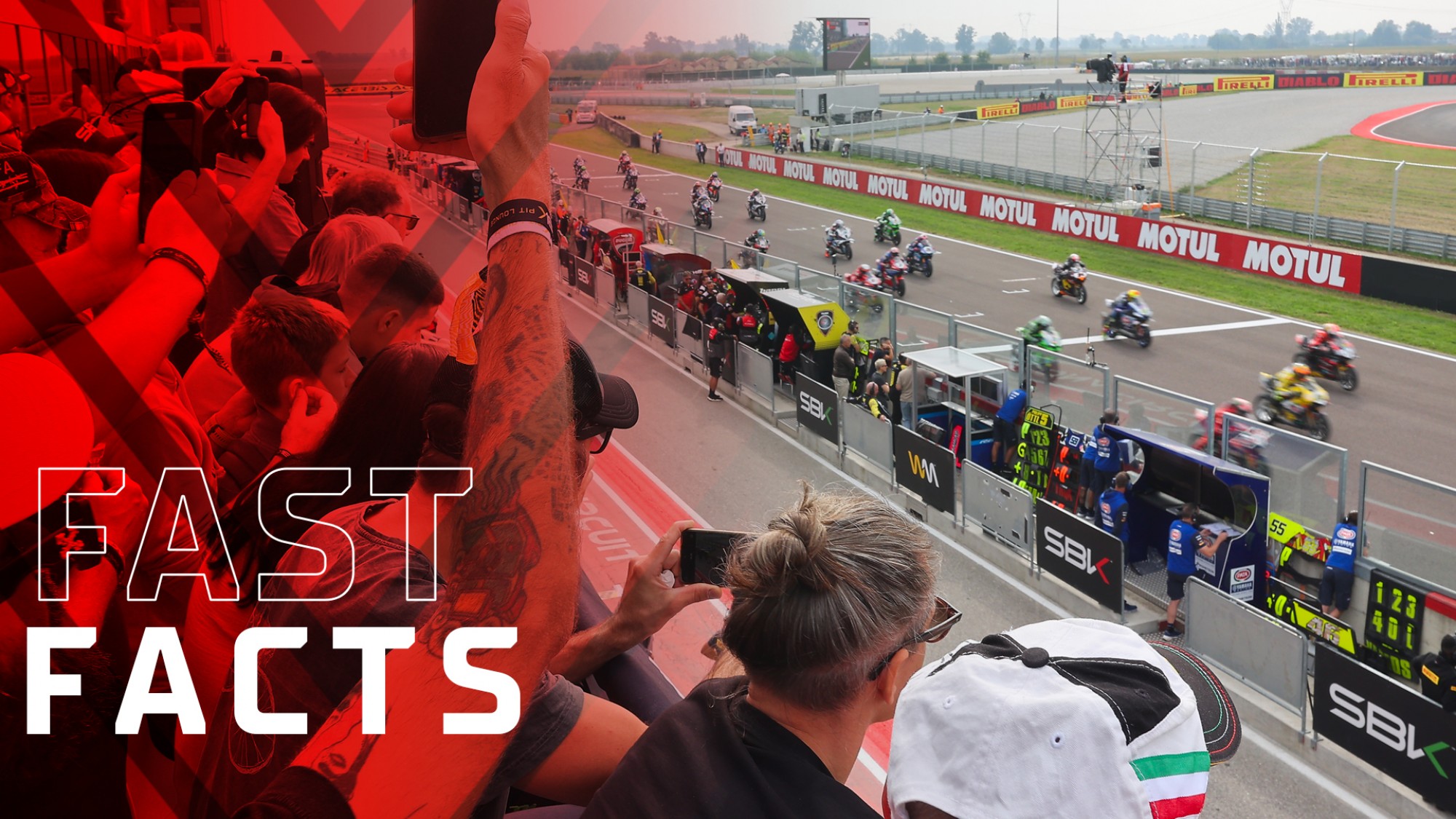10x higher? F1 teams braced for 'ridiculous' rise in fuel costs in 2026
Formula 1 teams are bracing themselves for what one boss has called a “ridiculous” escalation in fuel costs next year
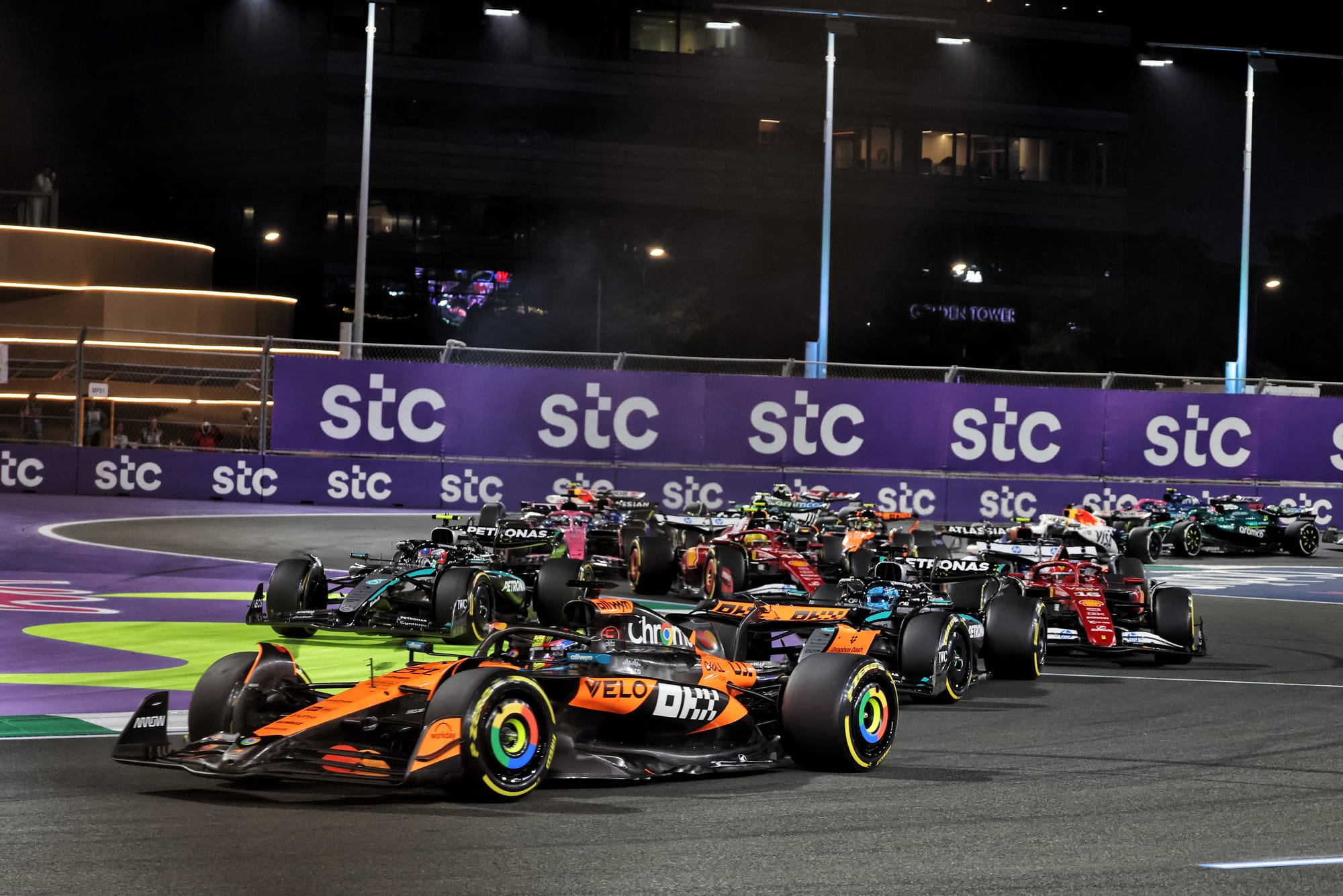

Formula 1 teams are bracing themselves for what one boss called a “ridiculous” escalation in fuel costs in 2026 – with fears a tenfold increase could raise prices to over $300 per litre of fuel.
As development work continues on the new fully sustainable fuels that will be used for the first time in F1 in 2026, the reality of the development expenditure and the price of the product has started to raise concerns in the paddock about the impact it could have on team budgets.
Following discussions at the recent F1 Commission meeting in Geneva, the scale of the issue has become clear – with concerns expressed that the new fuels could cost 10 times as much as they currently do.
Although the price of fuel varies between manufacturers, it is understood that the current projections are for it to be between $170 – $225 per litre – which is a step up from the current price that is believed to be in the $22 - $33 range.
However, one team boss has suggested that, as more development goes into the fuel to finalise the ingredients needed for best performance, costs are continuing to rise.
And there are now concerns that the final price could escalate well beyond $300 per litre.
Budget ramifications
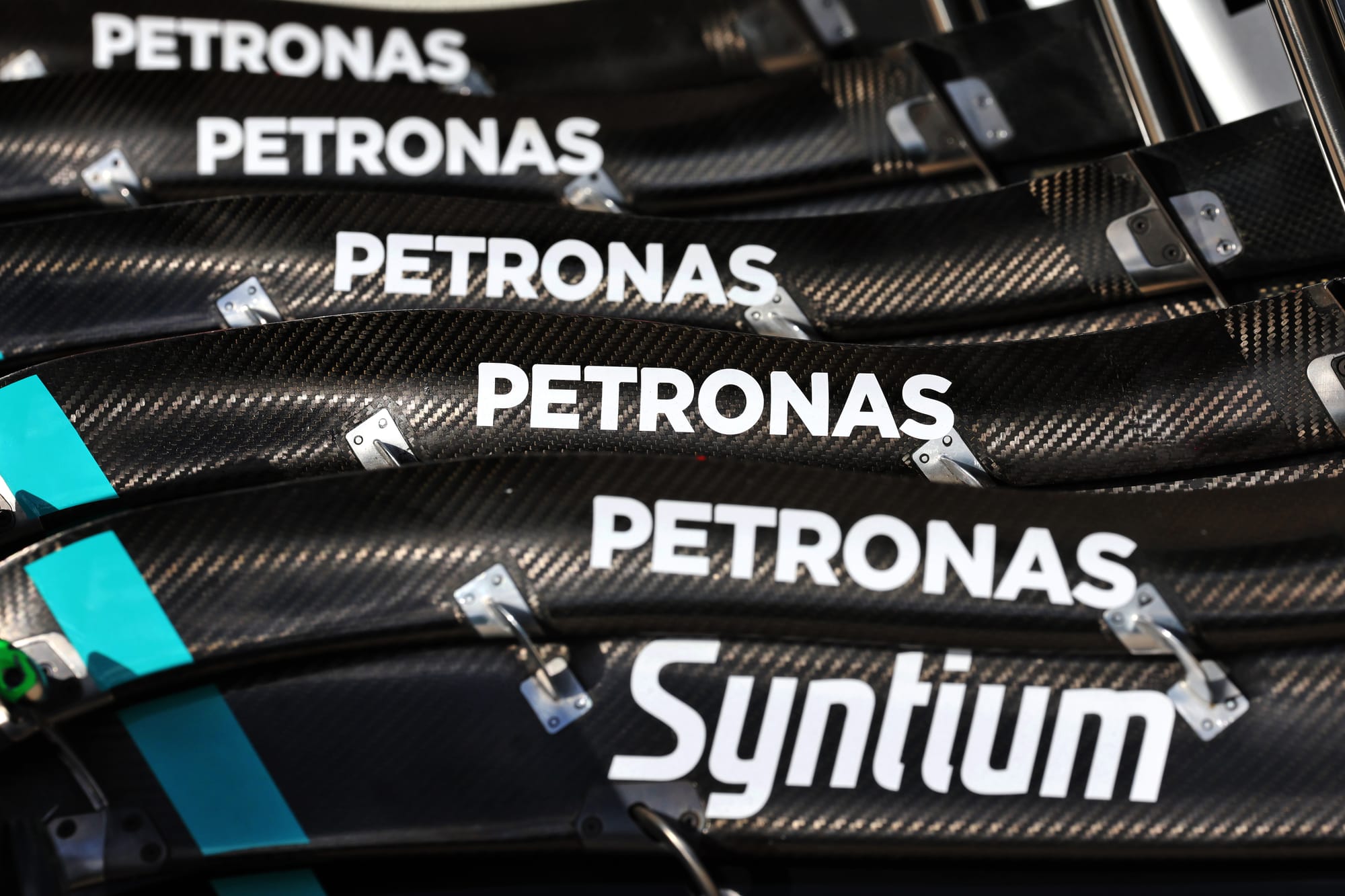
Based on the anticipated fuel economy of the cars next year, allied to the mileage accrued over a race weekend, this could mean in a worst-case scenario, that teams could be forced to spend $80,000 - $100,000 on fuel each weekend.
That would work out at $1.9-$2.4 million for a 24-race calendar – well above what is being paid right now. The costs could potentially be even higher for those teams that do not have official partnerships with fuel suppliers, which could help them secure more favourable deals.
The only slight reprieve that teams have over the increase in the price of fuel is that for 2026, the cost of petrol is outside of the cost cap for the first time.
For 2026, F1’s Financial Regulations state: “The cost of FIA homologated fuel purchased by or on behalf of an F1 Team for use during Competition and Testing, together with the cost of transportation of that FIA homologated fuel to the F1 Team’s premises.”
However, an increase in expenditure of this magnitude is not something that teams can simply write off without it making a difference.
One team principal said the potential for a near 10-fold increase in their fuel costs for next year was “ridiculous”, and they supported efforts to try to get things changed for the longer term.
2027 revisions on the table
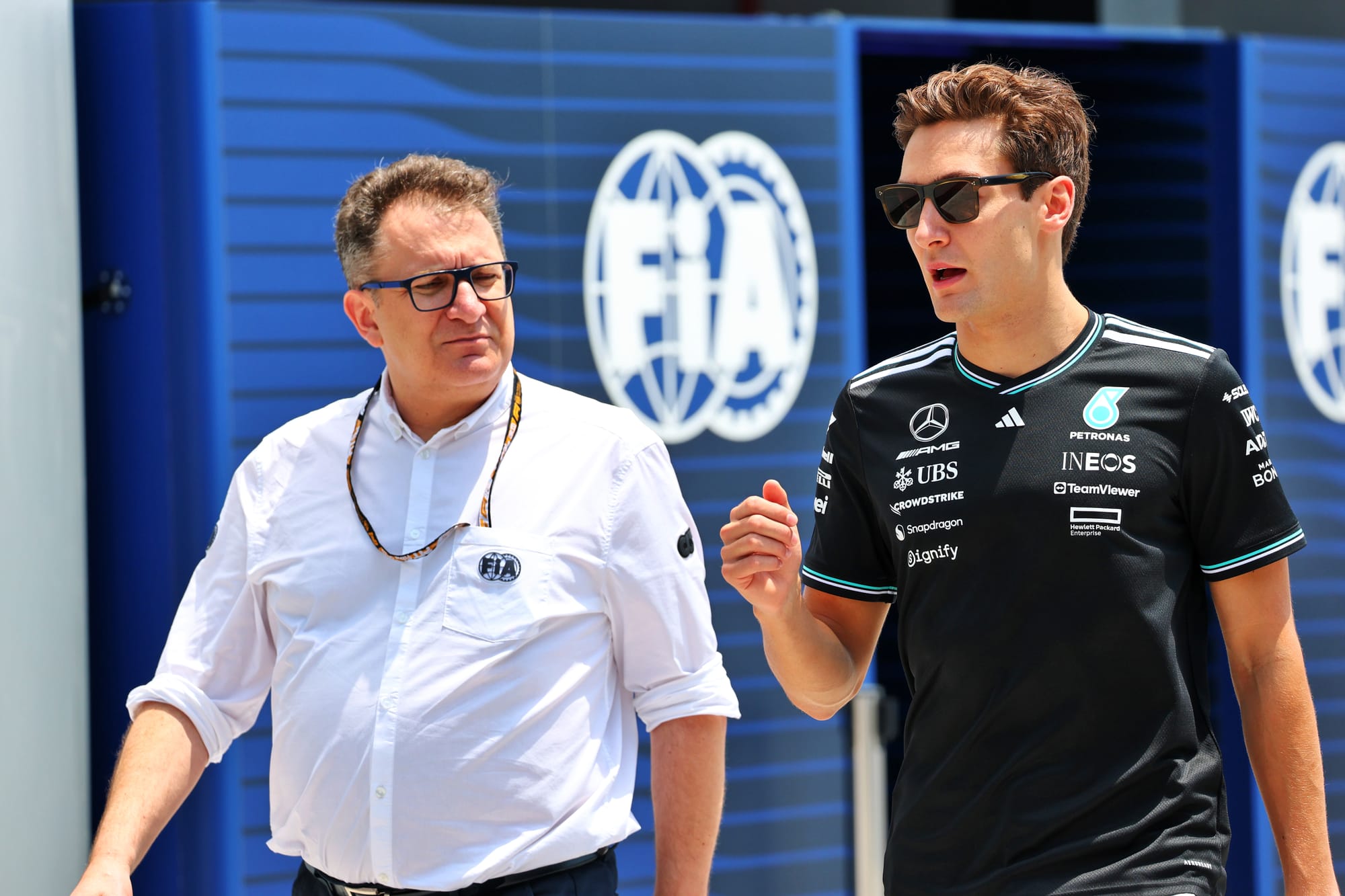
The FIA has taken teams' concerns on board, and the governing body is understood to be evaluating ways to improve the situation.
And while nothing can be done at this late stage to change things for next year, it is understood that the FIA has agreed with teams to work together on coming up with some solutions for 2027 to address the situation.
One idea is for some elements of the fuel to be made standard with cheaper ingredients, with only limited areas that can then be developed by each fuel manufacturer.
Speaking recently, the FIA’s single seater director Nikolas Tombazis (above, left) was aware that costs were high right now – but he expressed some optimism that advances in technology would bring the price down.
It will come down like every technology comes down,” he said. “Initially, everything is new, everything is innovative, and everything is a prototype in some ways. And gradually, as people learn, they will gradually move them [the costs] down.
“I'm not saying it is fully realistic tomorrow to go into a road car, but I think the learning these important partners have will help them drive down the costs. They need to do that for F1 as well as for their day-to-day business.”














